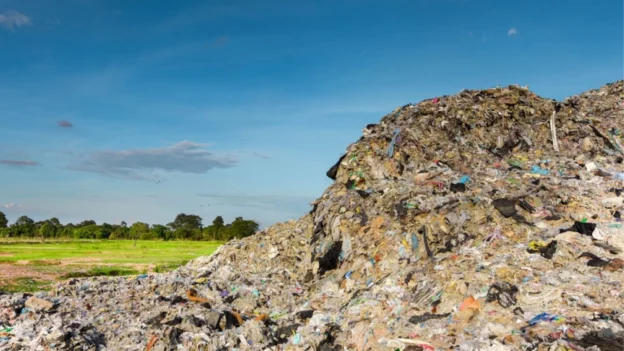The Technological Institute of Energy (ITE) has launched the TEX2ENERGY project, which aims produce clean energy using urban and industrial textile waste. This innovative effort will employ a thermochemical transformation method that will not only facilitate energy generation but also the production of useful bioproducts such as bio-oil and biochar.
Clean energy from textile waste
The main focus of the project is on perfecting the thermochemical transformation process to optimize the creation of synthesis gas from the aforementioned textile waste. This synthesis gas will be the basis for operating a solid oxide fuel cell, intended to generate electricity efficiently .
In addition, an exhaustive analysis will be carried out that will evaluate the sustainability, efficiency and energy cost of the waste transformation process. This analysis will also include the measurement of the degree of decarbonization, that is, the reduction of CO 2 emissions , achieved through the various process configurations.
Likewise, the fundamental purpose of TEX2ENERGY is to investigate how to maximize the energy use of synthesis gas derived from the thermochemical recovery process of post-consumer waste from the textile industry. It is important to note that the project has already received the support of important partners such as the Association of Textile Entrepreneurs of the Valencian Community (ATEVAL), recuperados Llácer and Regenera, who will actively contribute to its development.
New sustainability policies for textile waste
Iván Esteve, in charge of recycling, revaluation and sensors at ITE , highlighted: “In Spain we are pioneers in promoting a project of this caliber. Thanks to thermochemical transformation, we will be able to process various textile materials and convert them into synthesis gas, crucial for production. of electrical energy” . This project also has financing from the Generalitat Valenciana, through aid aimed at technological innovation in collaboration with companies.
This project represents an advance in the waste management and renewable energy production and can also act as a catalyst for stricter and more efficient textile waste management policies in Europe, paving the way for future regulations promoting sustainability and the circular economy in the fashion industry.
Follow us on social networks and don’t miss any of our publications!
Inspenet.com YouTube LinkedIn Facebook Instagram X
Source: worldenergytrade
Photo: Shutterstock

